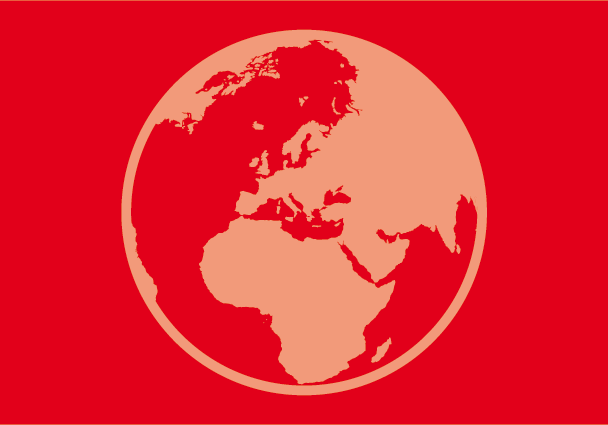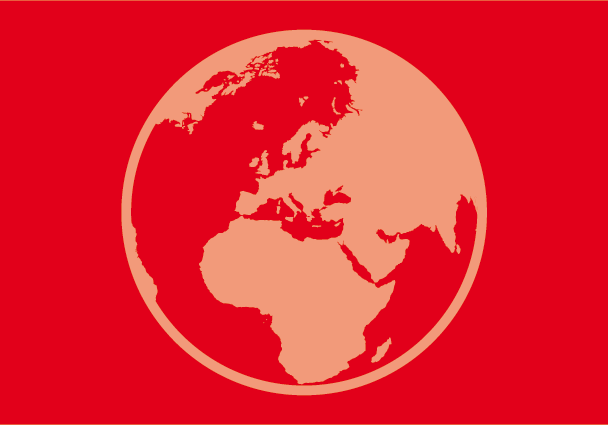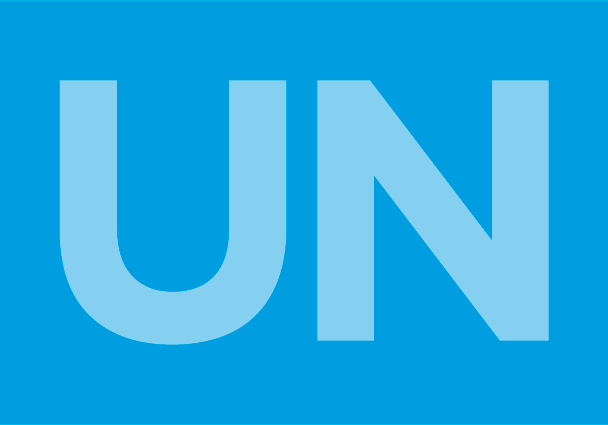
Oct 31, 2003 | Advocacy, Non-legal submissions
A group of international Non-Governmental Organizations has launched a Joint Declaration calling on the United Nations to monitor the impact on human rights of the fight against terrorism.
Practices such as torture, detention without judicial review, unfair trial, criminalisation of acts in exercise of fundamental rights, and suppression of the right to association have been sharply on the rise as a result of measures taken in the fight against terrorism.
The Declaration calls on the UN Commission on Human Rights at its 60th session in March/April 2004 to establish as a matter of utmost priority an independent mechanism on the question of human rights and counter-terrorism.
Joint declaration on the need for an international mechanism to monitor human rights and counter-terrorism [full text, PDF]

Oct 31, 2003 | News
A group of international Non-Governmental Organisations has launched a Joint Declaration calling on the United Nations to monitor the impact on human rights of the fight against terrorism.
Practices such as torture, detention without judicial review, unfair trial, criminalisation of acts in exercise of fundamental rights, and suppression of the right to association have been sharply on the rise as a result of measures taken in the fight against terrorism.
The Declaration calls on the UN Commission on Human Rights at its 60th session in March/April 2004 to establish as a matter of utmost priority an independent mechanism on the question of human rights and counter-terrorism.
“The events of 11 September 2001 ushered in a waive of measures by a number of states that threaten basic and universally subscribed human rights principles”, said ICJ Legal Adviser Ian Seiderman. “It is unconscionable that throughout the last two years, the United Nations human rights system has lacked the impetus to tackle this grave threat by monitoring and evaluating the laws and practices of its member States.”
The founding signatories of the Declaration include the seven members of the Coalition of International Non-Governmental Organisations against Torture (CINAT) (Amnesty International, Association for the Prevention of Torture, International Federation of Action by Christians for the Abolition of Torture (FIACAT), International Commission of Jurists, International Rehabilitation Council for Torture Victims (IRCT), Redress: Seeking Reparation for Torture Survivors, and World Organization against Torture (OMCT)), as well as Fédération Internationale des Ligues des Droits de l’Homme (FIDH), Friends World Committee for Consultation (Quakers), Human Rights Watch, and International Service for Human Rights.
The Declaration is now open to all international and national NGOs for signature.
monitoring human rights in terrorism fight-press release-2004-eng

Apr 25, 2003 | News
The ICJ welcomes the decisions of Colombia, Croatia, Ecuador, Liechtenstein, Paraguay, San Marino and Sierra Leone to extend standing invitations to all the thematic mechanisms of the UN Commission on Human Rights to visit their countries.







